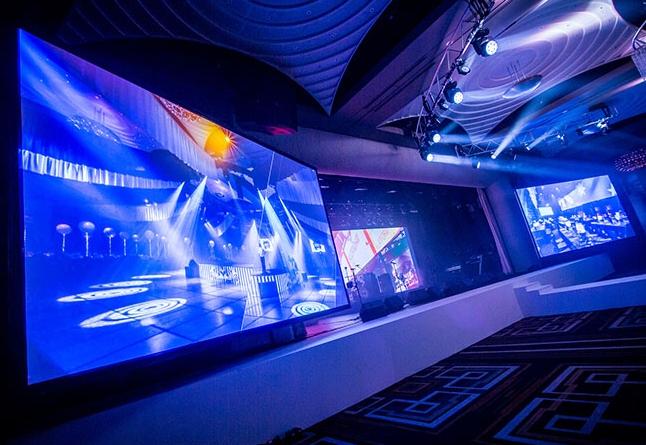LED video walls have become an indispensable tool for event organizers, concert producers, and rental companies looking to deliver stunning visuals in both indoor and outdoor settings. However, the rental market presents unique challenges that require a different approach to maintenance. Without a proactive maintenance strategy, even the most high-end LED display can suffer from pixel failures, brightness inconsistency, or structural wear. So, how can you ensure your LED video wall remains in peak condition throughout repeated deployments?

Unlike permanent installations, rental LED video walls are subject to frequent transport, assembly, disassembly, and varying environmental conditions. These factors increase the risk of mechanical damage, moisture exposure, and calibration drift. Moreover, different events require different configurations, which means more frequent handling and exposure to wear and tear.
For these reasons, a robust maintenance plan becomes not just a recommendation—but a necessity. Maintaining the LED modules, including their light-emitting diodes and structural integrity, is crucial to ensuring seamless performance across events.
Before an LED screen is even transported to the venue, a thorough pre-deployment inspection should be conducted. This includes checking for:
Using high-quality LED lamp beads, such as Kinglight’s LED components, can greatly reduce the chances of premature failure. These components are designed to endure multiple usage cycles while maintaining color consistency and brightness.
Once the LED wall is up and running, live monitoring is essential. Many advanced LED control systems now offer remote diagnostics to detect problems like color deviation, dead pixels, or temperature anomalies. Technical staff should keep an eye on these alerts to take timely action without disrupting the event.
It’s also critical to train operators to identify visual anomalies manually, especially in smaller setups or less automated systems. Catching an issue early during a concert or conference can mean the difference between a smooth show and an on-stage embarrassment.
After dismantling the LED video wall, resist the urge to simply store the panels away. Each module should undergo a post-event inspection:
Additionally, gently cleaning the surface—without using abrasive materials—can prevent long-term residue buildup. This is particularly important if the wall was exposed to dust, fog machines, or outdoor conditions.
Rental applications often expose LED screens to harsh environments: heat, humidity, rain, and even UV exposure. While many LED modules are rated IP65 or above, no product is truly immune to damage without proper handling.
Protective casing during transport, climate-controlled storage, and avoiding prolonged direct sunlight can all contribute to extending the life of your display. Opting for ruggedized and moisture-resistant LEDs—like Kinglight’s outdoor-ready options—can offer added resilience.
Don’t overlook software. Outdated firmware or mismatched controller settings can affect synchronization, color uniformity, and performance diagnostics. Ensuring your LED wall controllers are updated and compatible with the modules in use will help maintain optimal performance and reduce troubleshooting time at events.
No matter how advanced your LED technology is, its performance ultimately depends on how well it is handled. Investing in operator training is just as important as investing in premium hardware.
Staff should know how to handle LED panels during installation and teardown, avoid electrostatic discharge (ESD), and use the right tools for the job. This reduces the chance of accidental damage and extends the life of LED beads and circuitry.
At the heart of every reliable LED video wall lies the LED itself. By using premium-grade components like those offered by Kinglight, rental providers can ensure higher stability, reduced failure rates, and superior color uniformity across setups. With a wide range of SMD LED lamp beads designed for both indoor and outdoor applications, Kinglight supports the durability and performance that rental environments demand.
Maintaining an LED video wall in a rental environment requires a combination of proactive planning, hands-on inspections, environmental awareness, and a commitment to quality. When all of these factors are aligned—supported by durable components like Kinglight LEDs—you not only minimize downtime and repair costs, but also deliver consistent, high-impact visuals that clients can trust event after event.